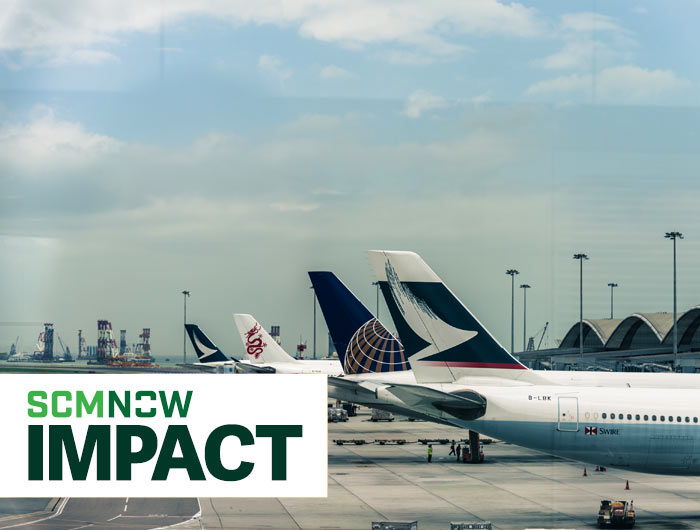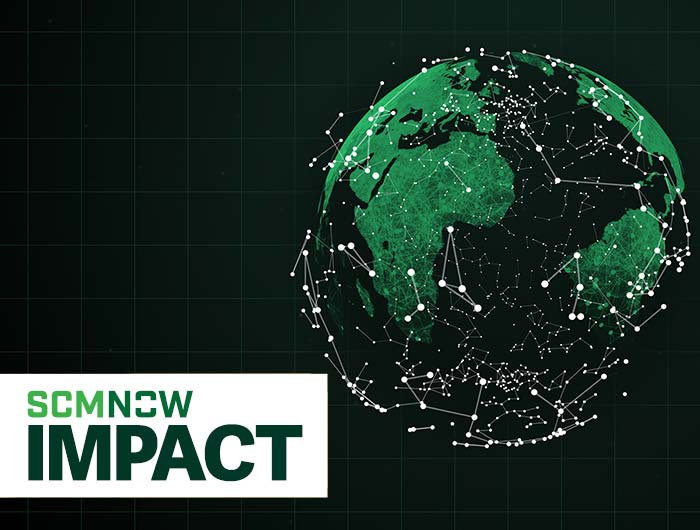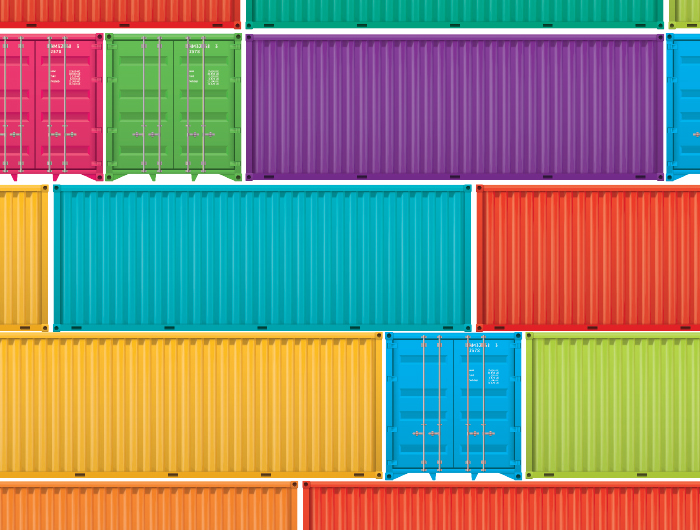My home of Illinois is one of the few states in the nation that has banned consumer fireworks, allowing the sale of only sparklers and other novelties. So, on my way to visit family for the July 4 holiday, it was no surprise as I crossed the border into Kentucky to see fireworks stands displaying Roman candles, fountains, jumping jacks and countless other pyrotechnics.
One such retailer was Ohio-based Phantom Fireworks, one of the largest sellers in the nation, with more than 1,500 venues in 17 states. Phantom Vice President William Weimer recently supplied testimony to U.S. Trade Representative Ambassador Robert Lighthizer regarding the potential impacts of the tariff war if renewed negotiations don't prove effective in the long run.
“The proposed tariff would produce a crisis for the American fireworks industry,” he wrote. “Fireworks are the quintessential celebration of Independence Day in the U.S., dating back to the founding of the country when then future U.S. President John Adams predicted in a now famous July 3, 1776, letter to his wife Abigail, that Independence Day ‘ought to be solemnized with pomp and parade, bonfires and illuminations from one end of this continent to the other, from this day forward forevermore.’ Adams’s vision lives on today.”
Weimer went on to contend that the proposed tariffs would cause immediate industry layoffs and mean significantly less seasonal work for students, teachers and others who rely on the income. He added that the tariffs would have a negative impact on American importers, distributors and retailers; these companies would not be able to absorb the up to 25% increase in import costs; and that it is “entirely and utterly impossible” to find alternative sources for Chinese-produced fireworks.
According to the U.S. International Trade Commission, China and Hong Kong supplied 97.75% of all consumer fireworks imported into America in 2018. The remaining 2.25% was split between Barbados, Germany, Israel, Japan, Mexico, Spain, Thailand and the United Kingdom.
The Washington Post’s Taylor Telford recently wrote that fireworks are being “brought into the fray” of the trade war. She continued: “And while Trump has repeatedly suggested that companies can sidestep the tariffs by moving manufacturing to the United States, that is not an option for domestic fireworks sellers. It would take years to replicate the manufacturing base in another country, and fireworks executives are extremely wary about major changes that could upend safety protocols.”
Illuminating supply chain knowledge
This holiday weekend, if you have a few minutes in between barbecues and the ballpark, check out ASCM’s Supply Chain Learning Center. This centralized, professional development hub has numerous educational offerings on supply chain risk management. Two current webinars explore strategies for effective threatcasting and coping with constant change in global supply chains. To delve into these topics even more deeply, you can also register for an upcoming threatcasting or risk management seminar.
Finally, happy Independence Day from all of us at ASCM. As John Adams urged, we hope you are enjoying the “pomp and parade, bonfires and illuminations.”



